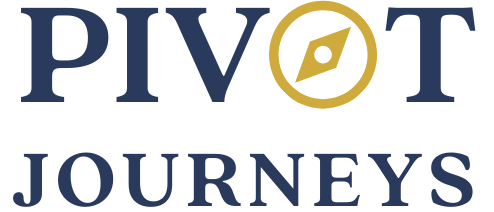Next Steps: Performance Review and Raise.
A few weeks ago, we posted a piece about the three things you can and should be doing in the months leading up to your performance review.
To recap, it's critical to start thinking about what you want and what success would look like for that conversation to go well. You want to know what your goal of the conversation is so you can get a game plan together to accomplish your goal.
It's also important to take the time to think through all the work you've done since your last review. If you've been following along, you know that means tracking your successes to start building your case.
Lastly, we mentioned that collecting data is key to supporting your case. Now's the time to find out market rate salary for your position and what internal and external salaries are for the work you do. Need some help doing that? We've got resources here.
Once you've thought about these three things, it's time to get serious about preparing for the conversation. We've created a handy 2-page worksheet that lays out important questions and topics to consider in the lead up to your review.
Download our Preparing for Your Performance Review & Salary Negotiation Worksheet here.
This worksheet will help you go deeper and consider what else your boss might ask you with respect to your work. Like...
What were your major bright spots (times you really enjoyed what you were working on) of the last 6-12 months?
Why did you really enjoy certain pieces of work?
Which projects were most challenging and why?
Where do you see areas for growth in your work (either hard or soft skills)?
What would you like the chance to work on in the future?
Feel confident that your work product merits a raise or additional benefits? In that case, we think it's helpful to put pen to paper to flesh out exactly where you are now with respect to your full compensation package, and where you want to be.
Asking for and getting a raise is great, but it's also important to consider more than just money. Are there other non-monetary benefits that would mean a lot to you, like working from home one day a week? Getting a chance to go to a specific conference? This is the time to get creative and put some thought into what you'd like to ask for.
As you think about these additional benefits, consider how they might help your organization or your boss. Put yourself in their shoes - if you can tell them why you working from home one day a week or getting to attend a specific conference would help their bottom line or make their life easier that's the best!
We think these two worksheets will help you build your case and make the conversation with your manager as positive as possible.
Ready to gear up for the actual conversation? Read on for next steps here.
